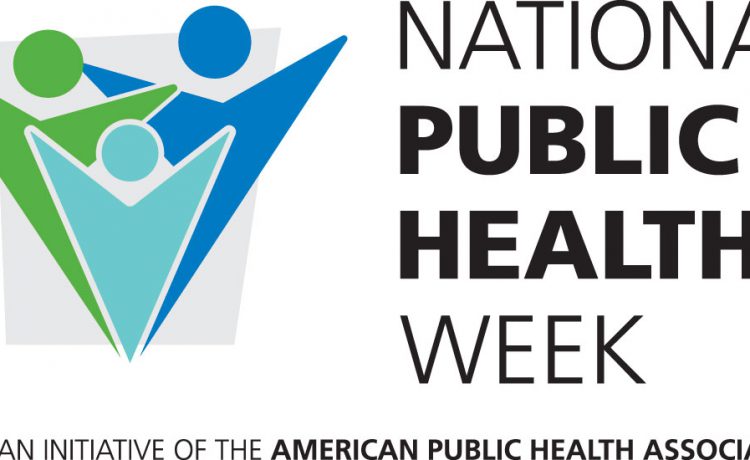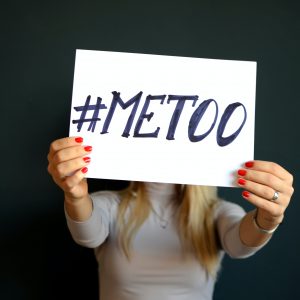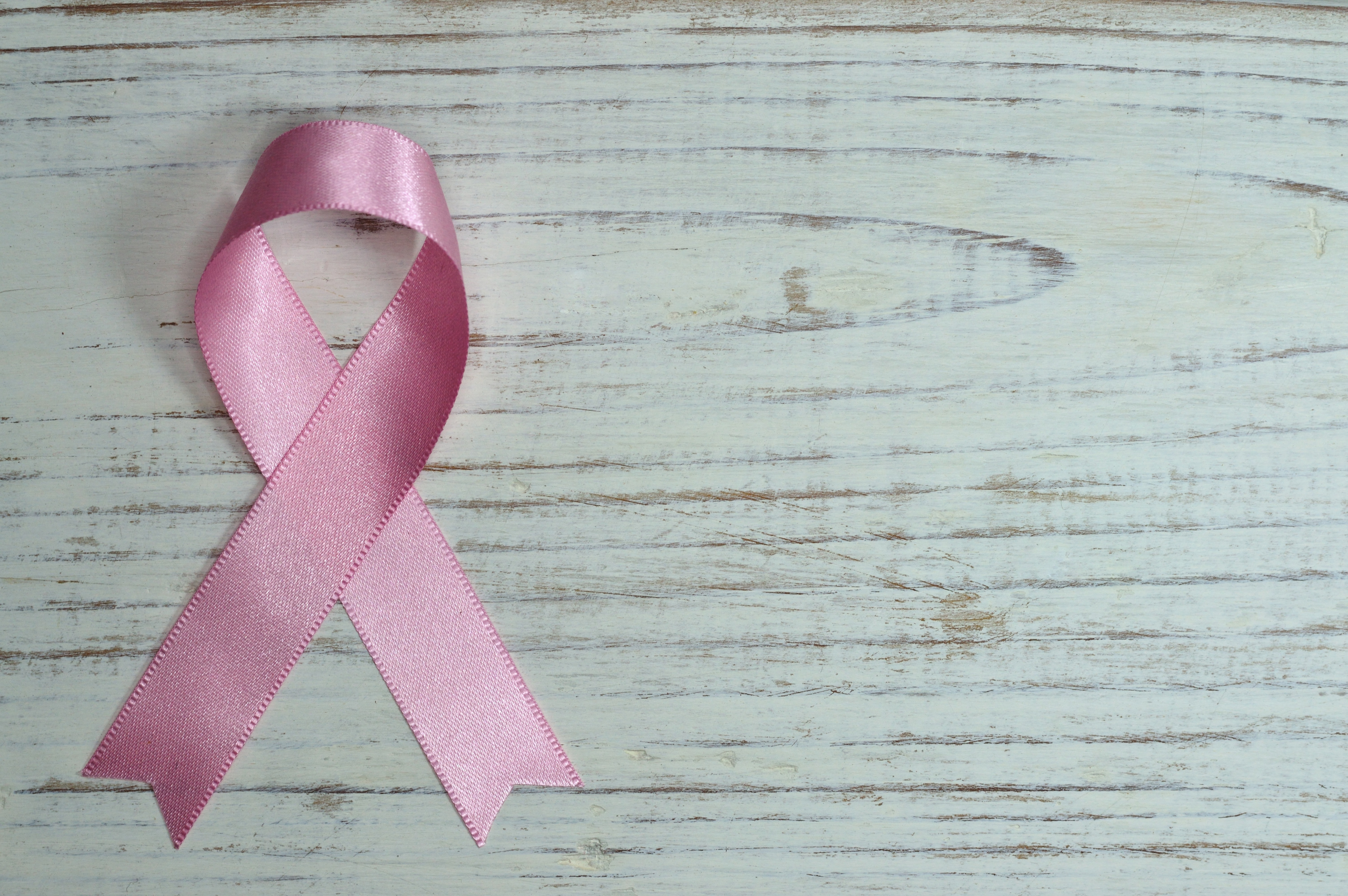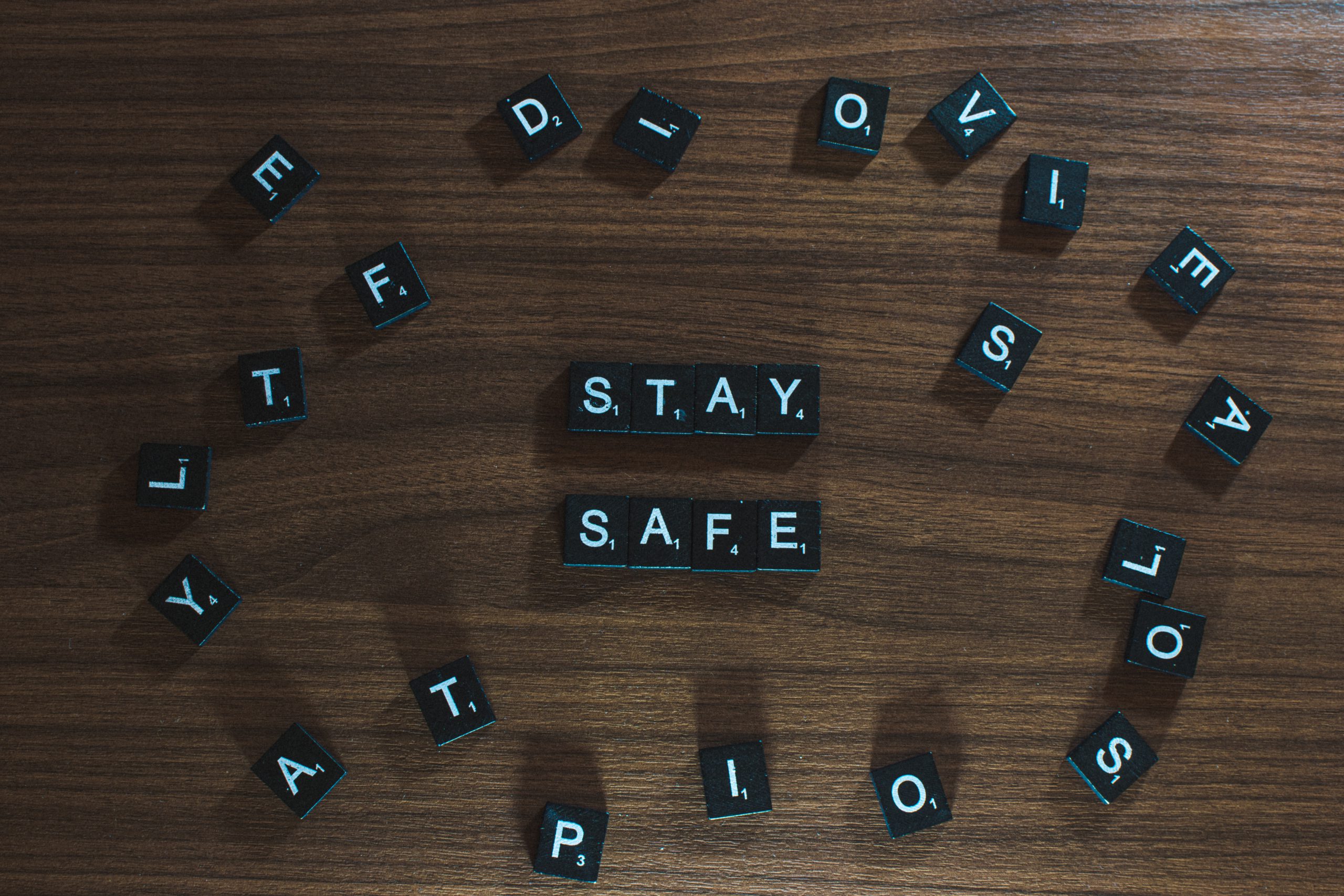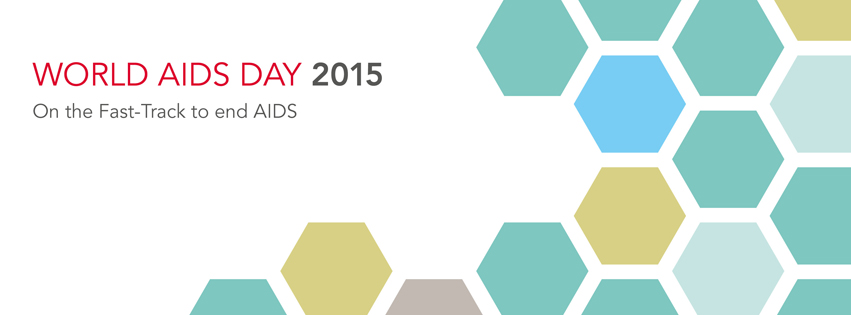Last Updated on October 18, 2024
Public health is “the science and art of preventing disease, prolonging life and promoting human health through organized efforts and informed choices of society, organizations, public and private, communities and individuals.” Analyzing the health of a population and the threats it faces is the basis for public health. Public health professionals work to prevent problems from happening or recurring through implementing educational programs, recommending policies, administering services, and conducting research. Public health also works to limit health disparities by promoting healthcare equity, quality, and accessibility. You can look at public health narrowed down to any population — from a neighborhood, country, or our entire planet.
Many factors affect public health, and people are unlikely to be able to directly control those factors. Social, economic, and physical environment can directly determine a person’s quality of health. Higher income and social status are linked to better health, and those in poverty suffer poorer health outcomes. Low levels of education are linked with poor health, more stress, and lower self-confidence. Whether there is clean air, clean water, safe and healthy homes and workplaces, or maintained roads and other transportation options all contribute to the health of the residing community. The presence of support networks — whether they be families, friends, or community resources — strengthens public health. Cultural customs, traditions, and the beliefs of the family and community all affect health as do genetic inheritances, including the likelihood of developing certain illnesses. Access to affordable healthcare and people’s personal behavior are a major factor affecting the public health of their community.
There are areas throughout the U.S. that do not have access to clean air or potable water; safe homes, workplaces, or streets. Children are not to blame for their level of education, nor are families who can’t afford to leave an area that lacks access to affordable healthcare or support. A large part of promoting public health is to increase access, improve support of social determinants, and advocate for those who suffer without them.
The COVID-19 pandemic has severely impacted public health over the past three years. Over one million Americans have died from coronavirus infection which has affected tens of millions more with sometimes long-lasting effects that can be fatal months or years after infection. The mental health impact of isolation, pervasive misinformation, and economic austerity also greatly affect public health. Despite the continued impact COVID-19 continues to have on the nation’s health, the Biden administration has declared the Public Health Emergency (PHE) status of the pandemic will end May 11, 2023 while millions of adults across the country continue to suffer from Long COVID symptoms and many are unable to work. The PHE coming to an end will stop federal funding for COVID-related care and lead to the private health insurance industry to cover treatment and services as they do everything else — at immense cost to patients while garnering private companies and executives’ massive profits.
When the public health emergency expires, COVID-19 vaccines will cost over $100 for uninsured patients or those who are immunized at an out-of-network pharmacy, tests and treatments will only be covered by in-network providers, and up to 18 million people will lose healthcare coverage through Medicaid when state programs stop receiving the PHE’s provisional funding and expanded eligibility guidelines — including 6.7 million children. Most of the people impacted are expected to be Black, Indigenous, and other people of color — inevitably worsening health inequities and further disrupting public health.
The effects from climate change have a tremendous impact on global public health: worsening chronic illnesses, increasing the spread of mosquito/tick/rodent-borne diseases, disrupting food and water supplies, and increased stress and trauma for people living all over the world. Pollution from private companies and the state’s destruction of natural spaces and resources impact public health for the people living in affected areas while those with economic or political power face no meaningful repercussions. People who are already at risk for poor health due to social and economic factors — poverty, racism, unsafe housing and neighborhoods, and lack of access to quality medical and mental health care — will likely fare worse in a changing climate than those with greater resources.
The United States has some unique public health concerns, including gun violence. Americans are more likely to die by an assault with a firearm than riding inside an automobile, and only marginally more likely to die from an accidental gunshot as opposed to being the victim of a mass shooting. Any death by firearm is more likely in the U.S. than the combined risks of drowning, fire and smoke, stabbing, choking on food, airplane crashes, animal attacks, and natural disasters including hurricanes, tornadoes, earthquakes, floods, or lightning strikes. Guns are the leading cause of death for children and teens in the United States. Gun violence is preventable, but requires a comprehensive public health approach to keep families and communities safe. The policies that are shown to decrease violent outcomes are often rejected in favor of laws that increase the likelihood of these tragic events.
Growing numbers of experts, medical professionals, and health groups have named police violence a public health crisis. Roughly 1000 people are killed by police every year, but police brutality also includes incidents that do not result in death. Police violence can involve any hostile engagements and treatment of people when they’re stopped, arrested, and incarcerated. Between 50,000 to 100,000 people report to an Emergency Room with injuries caused by the police every year; there is no tracking of injuries that do not require emergency treatment. Police violence disproportionately affects Black people. According to a 2019 study, 1 in 1000 Black men die at the hands of police. Black people are 2.5 times more likely to be killed and 5 times more likely to be sent to an ER for injuries inflicted by law enforcement than white people. Data from 2021 shows police violence is three times more likely to be employed against supporters of public health and climate justice compared to far-right aligned protests. Police interactions perceived as unfair, discriminatory, or intrusive are associated with adverse mental health outcomes including symptoms of anxiety, depression, and post-traumatic stress disorder (PTSD). Violent policing, criminalization, and incarceration are all threats to public health.
Discrimination and implicit bias affect public health and have been associated with higher rates of psychiatric disorders, substance abuse, and suicide. Experiences of violence and victimization are frequent for BIPOC (Black Indigenous People of Color), LGBTQIA people, and women and can have long-lasting effects on individuals and their community. Xenophobia contributes to fears of immigrants as carriers of communicable diseases, despite many immigrants coming from countries with higher vaccination rates than those recorded in many parts of the United States. Public health is also affected by the prevalence of other infectious diseases, some that have been eliminated through hygiene and access to healthcare which can spread among unhoused people who have access to neither.
One of the main drivers of the systemic failures of American public health is political interference. Attacks on bodily autonomy in the form of bans on abortions and gender affirming care; premature changes to COVID policies that defy scientific data for the sake of the economy or political advantage; negligence in protecting communities from climate change, pollution, and failing infrastructure; and legislation that forbids certain workers from organizing against dangerous conditions (that have inevitably led to the predicted harmful outcomes) all have deleterious effects on public health. Affecting how people can access healthcare increases costs and exacerbates health conditions — leading to even higher costs and worse health outcomes — as well as increases health inequities that places vulnerable people at higher risk of avoidable death. Life expectancy in the United States has fallen to its lowest point in 20 years; this is mostly attributable to COVID-19, but the decline in U.S. life expectancy started before the pandemic and will continue even as deaths decline. This is not a red/blue state issue — discrepancies in life expectancy up to 25 years can be seen by looking at ZIP codes just miles apart within large metropolitan areas.
Communities and the United States as a whole can promote public health through education and policy initiatives. NeedyMeds encourages Americans to be active in the legislative process. If you have an opinion on important public health issues in the United States, call 202-224-3121 to reach the U.S. Capitol switchboard; from there you can be connected to your elected House Representative or Senator’s office. You can find contact information for your local representatives by searching your state online. You could also find contact information for your local health department.
We at NeedyMeds work in a diverse office with people of varying backgrounds and views. NeedyMeds’ mission is to educate and empower patients in need, with a vision of affordable care for all. It should be clear that our mission is tied inextricably to public health and the endeavor to promote and improve public health systems throughout the United States.
The NeedyMeds website has a database of over 18,000 free, low cost, or sliding scale clinics. Search your ZIP code for clinics in your area to find free or low-cost medical attention. There are nearly 6000 free/low-cost clinics listed that offer mental health services. The free NeedyMeds Drug Discount Card can be used by anyone to help save money on their prescribed medication — even vaccines and over-the-counter medicine prescribed by a doctor — regardless of immigration status. The card is available physically via mail, in a printable form, or as a smartphone app for Apple and Android devices. For more help finding information, call our toll-free helpline Monday-Friday 9am-5pm Eastern Time at 1-800-503-6897.

